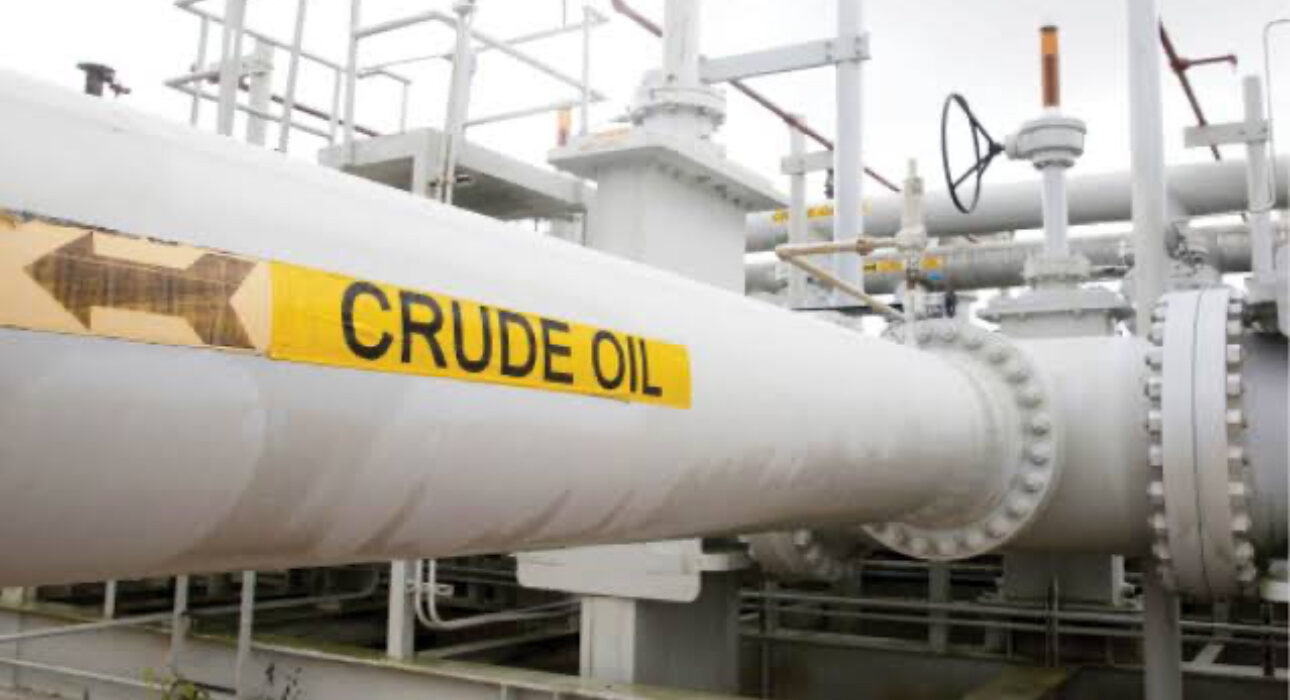Experts Raise the Alarm Over Nigeria’s 2025 Budget as Crude Oil Prices Drop to $61 per Barrel

Economic experts are voicing serious concerns over Nigeria’s ability to implement its 2025 national budget as global crude oil prices continue to slide, threatening the country’s primary revenue source and fiscal stability.
As of Friday, Brent crude, the international oil benchmark, declined by 0.47% to $61.84 per barrel. U.S. West Texas Intermediate (WTI) also dropped by 0.66%, settling at $58.85 per barrel. Both figures are significantly below Nigeria’s 2025 budget benchmark of $75 per barrel, raising fears of a potential revenue shortfall.
With approximately 60 to 70 percent of Nigeria’s revenue coming from oil and gas exports, the price plunge could jeopardize critical government functions, including capital projects and recurrent expenditures.
Muda Yusuf, the Chief Executive Officer of the Centre for the Promotion of Private Enterprise (CPPE), warned that the sustained decline in oil prices could spell trouble for economic management.
“If the price remains below $75 a barrel, it will present a very serious challenge,” Yusuf said. “First, it poses a risk to our revenue. Secondly, it will pose a risk to the exchange rate.”
Beyond pricing, oil production levels are also falling short of expectations. Data from the Nigerian Upstream Petroleum Regulatory Commission (NUPRC) reveals that Nigeria’s daily crude oil output, including condensates, dropped to 1.6 million barrels per day in March—down from 1.7 million barrels per day in February. This is well below the 2 million barrels per day target used in drafting the 2025 budget.
Olatide Jeremiah, CEO of Petroleum Price NG, added that the effects are already rippling through the downstream sector.
“We are witnessing a major drop in crude oil prices, and it’s expected to affect the implementation of the nation’s budget,” he said. “Oil marketers may likely reduce depot prices of petroleum products if the price decline persists.”
In light of the looming fiscal pressure, the federal government has announced intentions to prioritize essential spending and improve oil output. Finance Minister Wale Edun recently disclosed that the government is working on strategies to stay within constitutional fiscal limits while expanding non-oil revenue streams.
“We will focus on critical expenditures, improve oil production, diversify revenue sources, and manage costs efficiently,” Edun said.
The situation highlights Nigeria’s vulnerability to global oil market volatility and reignites calls for structural reforms and economic diversification. Economists say the government must double down on non-oil sectors such as agriculture, manufacturing, and technology to cushion the impact of future commodity price swings.
As the second quarter unfolds, all eyes will be on how Nigeria navigates these economic headwinds while maintaining budgetary commitments and economic stability.








